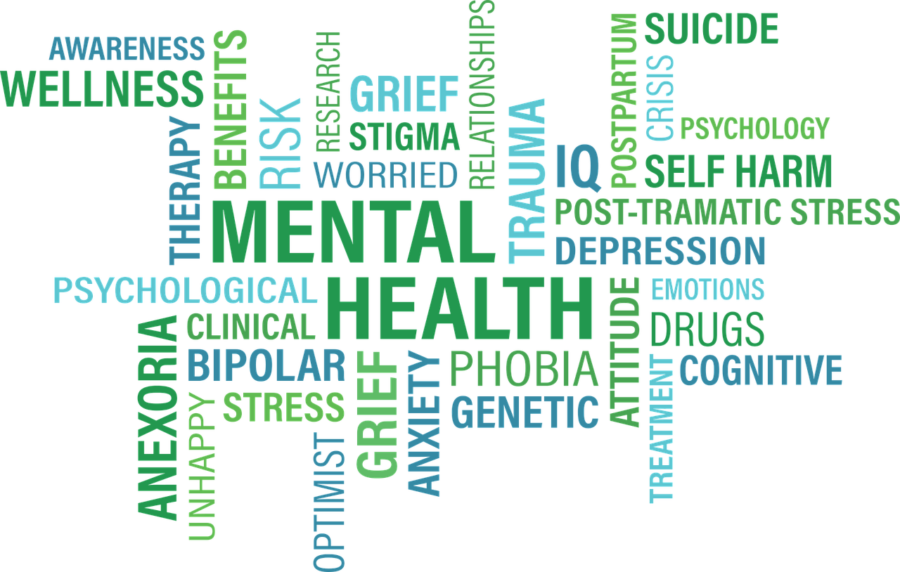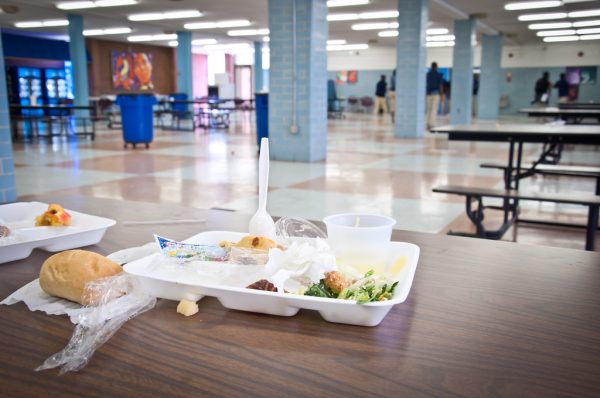PrairieCare brings hope to mental health patients
Mental health logo
PrairieCare is a mental health organization aimed to treat mental health illnesses in children, adolescents and adults. Depending on the severity of their mental illness, patients are treated with inpatient care, which is overnight treatment, or partial hospital program (PHP), also known as outpatient, which is day time treatment. This is an option for students, or anyone, that feel they need help dealing with their mental health.
“They work with kids and adults on a range of mental health issues. They have many different levels of care ranging from outpatient to inpatient,” an anonymous therapist said, “No place like this is exactly ‘fun’ for a sick child to go to, but PrairieCare does its best to make the kids feel comfortable and help them in the best way possible.”
PrairieCare provides each individual patient with the psychiatric care he/she truly needs, according to the PrairieCare mission statement. They start a treatment plan with a needs assessment to help determine which kind of care is most appropriate for the patient’s needs. A needs assessment is a one-on-one interview with the patient and a counselor, usually lasting around 45 minutes. Afterwards, counselors have a better idea of what kind of care the patient needs.
“One of their signature things is that they have the needs assessment that are easy to get into. One of the big problems with mental health is that there’s usually a long wait at places like this, but at PrairieCare they can see you right away and begin your treatment with the needs assessment,” OHS guidance counselor Shana Borgen said, “The needs assessment is really important because it specializes each individual’s treatment plan and helps to decide what kind of treatment is best for the individual because no mental health case is exactly alike.”
PrairieCare treats a variety of mental illnesses including ADHD, anxiety, depression, autism, disruptive behavior disorder, eating disorders and mood disorders. They have multiple professionals to help, including psychiatrists, advanced practice nurses, psychologists, therapists, and family school coordinators.
A 2014 survey showed that one in five adults go through mental health issues, one in ten younger people go through a deep depression and one in twenty-five Americans live or have lived with a serious mental illness, according to the U.S. Department of Health & Human Services.
“Friends have left me because they don’t understand the tolls that anxiety and depression take on me. It has created problems with my relationship with my family as well because they don’t get it either,” senior Mara Holm said, “Sometimes I just can’t go out with my friends and sometimes it’s just really hard to go to school. It feels like when you’re down, you’re down and there’s no getting back up.”
There are many warning signs for anxiety and depression, but a few to look out for include: mood swings, difficulty in school, intense worries or fears that affect daily life like going to school or hanging out with friends, heavy sadness for two weeks or more and sudden unwarranted fear, according to the National Alliance on Mental Illness.
Mental illnesses don’t just take mental and physical tolls on a person, they are also linked directly to a person’s physical health and overall well-being, according to PsychCentral. Mental illness can affect the way a person eats, sleeps and acts which directly affects a person’s physical health.
“My anxiety affects my life a lot. Sometimes it forces me to stay home from public events or even school. I think it’s important for myself to seek help from counselors and therapists. I think that everyone who is struggling should go out and get help because it really is worth it,” sophomore Isa Chavez said.
PrairieCare is aimed to aid anyone who is struggling and to provide them with materials and resources for whatever their needs may be. They have many locations in the Twin Cities area including Edina, Brooklyn Park, Minneapolis, Woodbury and more.






















































